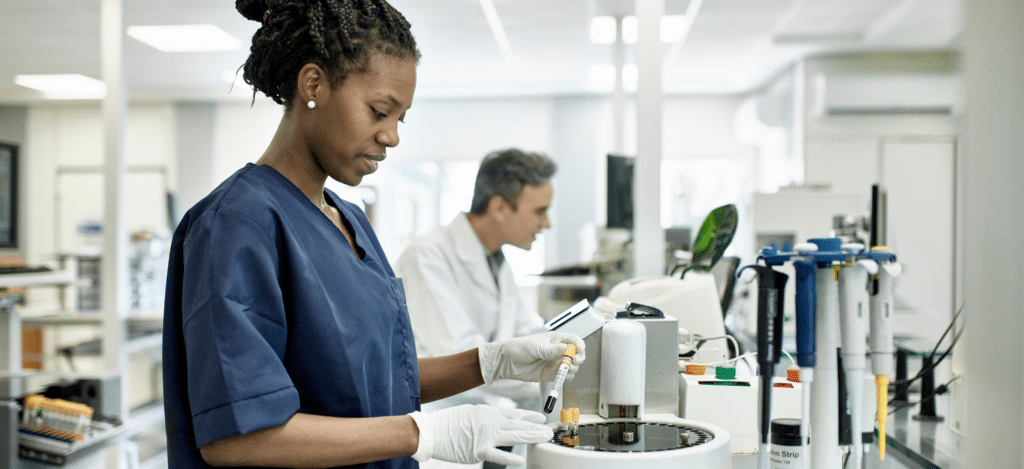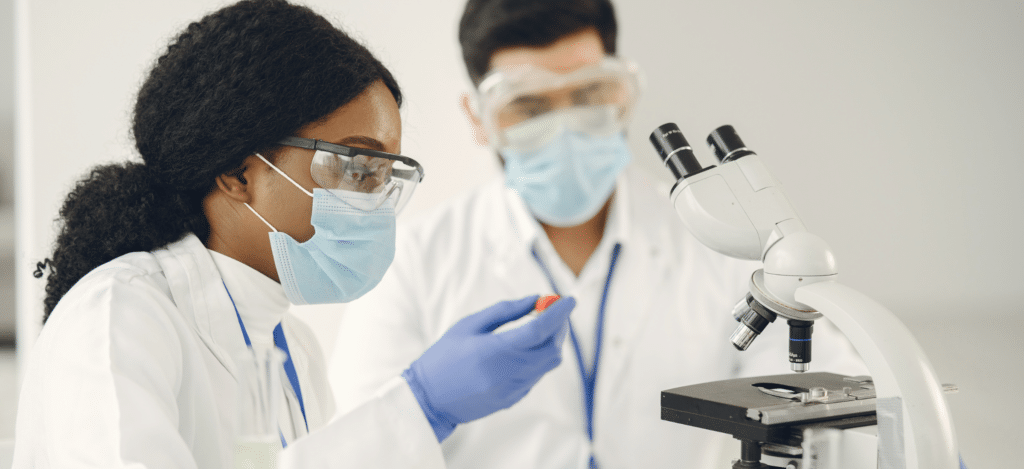
Embarking on a career path in a laboratory can be an exciting and fulfilling journey. Whether you’re drawn to the world of science, research, or healthcare, a job in a lab can open doors to a wide range of opportunities.
To help you make the most of your university experience and prepare for a successful lab career, we’ve put together a list of tips. Let’s dive into the advice and steps you can take to set yourself up for a fulfilling and impactful career in the lab.
Explore Your Interests and Options
Take advantage of your time in university to explore various scientific disciplines and laboratory settings, as well as various University Laboratory Programs. Engage in diverse coursework, attend seminars, and participate in research projects to gain exposure to different fields. This exploration will help you identify your interests and align them with potential career paths within the laboratory sciences.
Here are some potential career paths:
- Quality Control (QC) Analyst/Technician: These professionals are responsible for implementing quality control procedures in the laboratory. They perform various tests, inspections, and analyses to ensure that products or processes meet quality standards. They may also calibrate and maintain laboratory equipment.
- Quality Assurance (QA) Specialist/Manager: QA specialists are responsible for developing and implementing quality assurance systems and processes in the laboratory. They establish quality control protocols, conduct audits, and ensure compliance with regulatory requirements. They also collaborate with other departments to address quality issues and implement corrective actions.
- Laboratory Manager/Supervisor: Laboratory managers or supervisors oversee the overall laboratory operations, including quality control activities. They ensure that quality control protocols are followed, review and interpret test results, and manage the resources and personnel in the laboratory. They may also be involved in developing quality control strategies and implementing continuous improvement initiatives.
- Research and Development (R&D) Scientist: Scientist: R&D scientists develop new products, methodologies, or technologies in the laboratory. They collaborate with QC and QA professionals to establish quality control parameters for new products or processes. They conduct experiments, analyze data, and ensure that quality standards are met during the development phase.
- Analytical Chemist: Analytical chemists work in laboratories to analyze and test various substances or samples. They use analytical techniques and instruments to determine the chemical composition or properties of substances. Quality control is an essential aspect of their work, as they need to ensure accurate and precise results by following established protocols and standards.
- Biomedical Scientist/Medical Laboratory Scientist: These professionals work in medical laboratories, conducting diagnostic tests and analyzing patient samples. They follow quality control procedures to ensure accurate and reliable results. They also contribute to the development and implementation of quality control protocols specific to medical testing.
- Laboratory Technician: A laboratory technician plays a crucial role in the smooth functioning of a laboratory. Working under the supervision of scientists, researchers, or technologists, their primary responsibility is to assist in conducting experiments, performing tests, and carrying out various laboratory procedures.

Maximize Hands-On Experience
Utilize laboratory courses, research opportunities, and internships to gain valuable hands-on experience. Actively engage in lab work, hone your technical skills, and develop a strong foundation in laboratory techniques.
Some of the biggest questions/comments we see from graduates or students working in laboratories involve the large learning curve that comes at the beginning of a laboratory career.
One Redditor posted:
I just started working in a research lab for the first time as an undergrad, and I feel like I have no idea what I’m doing and I just feel like I am in the way. Is it normal to feel like I am just bothering my mentor? It feels like I am never going to get the process of things down and am just going to keep messing up and getting useless data.
Other Redditors took to the comments with empathetic attitudes, encouragement, and advice. We found this response particularly helpful and encouraging:
I don’t mean this unkindly, but you probably don’t have much of an idea of what you’re doing and are in the way a wee bit. That’s fine and should be expected – it’s part of being an undergraduate. Your mentor would have been exactly the same as an undergraduate and their mentor before them and you pay it forward.
Things are going to click eventually, lab spidey senses take ages to develop and even then you’ll have daft days. At the moment what you need to focus on is diligent note taking, keeping track of the mistakes you make and why they’re problematic, and trying to anticipate mistakes by actively questioning your mentor.
A bonus tip from UTAK would be to get as much hands-on experience as possible with sample analysis methods as well as LC-MS, GC-MS, HPLC, and Elisa machines.

Leverage Professional Certifications
We know that this can be one of the most intimidating components of looking for a career in a laboratory. While not always required, professional certifications can give you a competitive edge. The American Society for Clinical Pathology (ASCP) offers certifications such as Medical Laboratory Scientist (MLS) or Medical Laboratory Technician (MLT). These certifications validate your expertise and demonstrate your commitment to high standards of practice. Pursuing certifications can enhance job prospects and open doors to diverse career opportunities.
It’s important to remember that some states require them, and some do not. So be sure to do research before you start applying!
Remember…
These are great general guidelines for pursuing a career in the professional laboratory environment. Your journey may vary based on your specific interests, industry, and individual circumstance. Adaptability, continuous learning, and a proactive approach to career development will be key to advancing your career!
